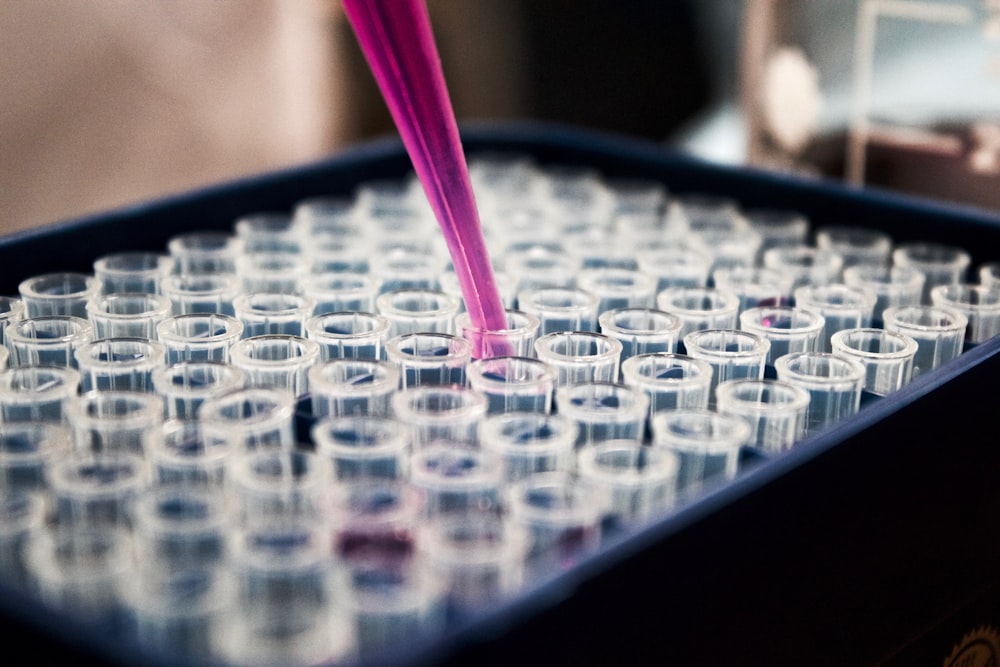Feb 17
2021
Can This Promising Vaccine Really Stop Breast Cancer?
While news about vaccines is mostly dominated by COVID-19 right now, work is continuing to find a vaccine that can protect against different types of cancer. The latest development comes from Anixa Biosciences (ANIX:NASDAQ) and Cleveland Clinic, which has developed a breast cancer vaccine that could stop this deadly disease in its tracks.
After being in development for over a decade, the team has been given FDA approval to begin human trials, following a 100% success rate in animal trials. With breast cancer being the most common type of cancer in women worldwide, this news could have a positive outcome in the fight against the disease, as well as other types of cancer.
Breast cancer rates continue to grow worldwide
Breast cancer rates are continuing to grow, with more than 2 million cases reported every year. Survival rates have continued to improve over the years, with the five-year survival rate for a stage 1 or 2 breast cancer diagnosis being 80% and 90% in some parts of the world.
Work is ongoing to develop new treatments and a potential cure, whereas another approach has been to develop a vaccine that could prevent cancer from developing in the first place.
Potential vaccine receives FDA approval for testing
Silicon Valley-based biotechnology company Anixa Biosciences (ANIX:NASDAQ) and the Cleveland Clinic have received FDA approval that will enable them to move to the human testing stage of the vaccine’s development. It’s a positive step forward for cancer research, providing hope for the future.
The vaccine was developed by immunologist Dr. Vincent Touhy and his team at the Cleveland Clinic. Anixa is able to license the technology worldwide, helping to drive the development of the vaccine forward.
Speaking about the latest news, Anixa Biosciences’ CEO, Dr. Amit Kumar, said: “This breast cancer vaccine approach which is being developed by Anixa (ANIX:NASDAQ) and the Cleveland Clinic, is a novel method that has never been tried. Studies, with animals that were specifically bred to develop breast cancer, showed that this approach convincingly avoided cancer in 100% of the vaccinated animals, while nearly all unvaccinated animals developed breast cancer.”
“While there is never a guarantee that humans will respond exactly as the animals, the data is compelling enough to give us great hope of eliminating this most common malignancy in women. Hence the US government is funding the initial studies and the US FDA has provided the clearance to begin human testing.”
The study is being funded by the US Department of Defense, who called the program “compelling,” allowing the vaccine to enter the human stages of testing.
How a breast cancer vaccine could work
Following childbirth, women develop a protein called alpha-lactalbumin, which appears when she is lactating. Once breastfeeding stops, the protein vanishes, but has been shown to reappear when breast cells develop into cancer. The vaccine would work by targeting this protein, ensuring that cancer cells that produce this protein are destroyed as they appear. It would be administered once a woman is past the point of childbearing. Without cancer cells, tumors won’t be able to develop. In animals, this hypothesis was proven to work, proving to be 100% effective.
The vaccine is different to many breast cancer vaccines in development. As many vaccines try to target existing tumors, this vaccine is different in that it tries to prevent them from developing in the first place. Should the trial be successful, it could prove to be a significant milestone in breast cancer research and treatment. It could also influence research into vaccines for other cancers.
Vaccines have been able to eliminate a range of diseases in the past, including smallpox, with vaccines for polio, diphtheria, rubella and others coming close to being eradicated, with many countries being free from cases for many decades. The latest COVID-19 vaccine is also offering hope to people worldwide, and has shown the speed that potentially life-saving vaccines can now be developed.
Hope for the future
Looking into the future, the vaccine could provide hope for immunization against cancer. It’s an exciting development, and it will be interesting to see what the results will be as the trial develops.
